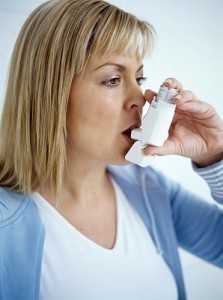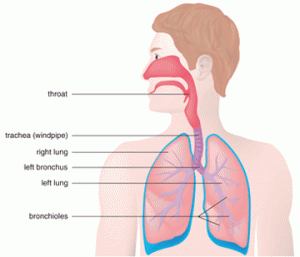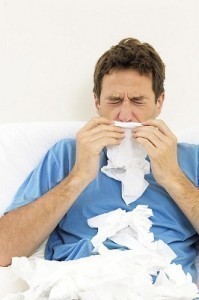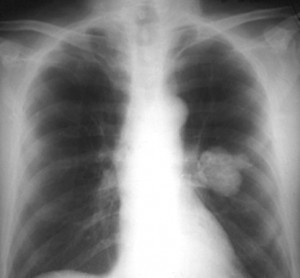Asthma Symptoms
Medical studies show that people afflicted with this ailment are on the increase. If it’s ignored, it can lead to health complications. The following symptoms should therefore be assessed.
Asthma Signs
The first major sign is wheezing. The wheezing varies, with some very noticeable while others barely discernible. Other symptoms are coughing fits and tightness in the chest. Some children report an itching in the back prior to wheezing. Sometimes the itching is felt in the neck.
There are other early signs. The individual may say they are having difficulty breathing. They may become anxious or tense. The person may suddenly stop talking and feel the need to take in a breath. There may be feelings of confusion. The skin could turn blue. In extreme cases the air sacs may break. But in some cases, no visible symptoms are displayed.
Asthma Diagnosis
An assessment of personal and family medical history is conducted. This is used to determine one’s vulnerability to the ailment. A physical appraisal will also be performed. These physical traits include hunched shoulders and tight muscles.
Other indicators are the nasal secretions. Eczema is a frequent sign. The doctor will also look for other skin disorders. Skin disorders along with the symptoms described are indicative of the ailment.
A spirometer is used to measure exhaled air and how it affects the lungs. A drug is taken prior to using this device. A peak flow device is similar to the spirometer but can be used at home.
Asthma Treatment
There are several medications developed to control the symptoms. One of the most widely used is theophylline. This is utilized to reduce the airway inflammation. These are used primarily to keep
night time attacks down.
Beta-receptor agonists are used to facilitate the bronchiole. These are used when exercises produce an attack. They can be taken orally or injected. Steroids are also prescribed by some doctors.
These are among the most effective means of controlling the symptoms. Not only are the ill effects controlled but the airways become less sensitive to allergy.
For milder cases, leukotriene modifiers are recommended. Other medications are cromolyn and anti-cholinergics. All of these medications need to be taken under a doctor’s supervision.
Asthma Prevention
The patient must be kept away from pets which he / she is allergic to. Feathers and dust mites should be removed. Some patients are allergic to stuff toys, so these need to be taken out as well. At the very least they need to be washed. As much as possible, avoid using insecticides. They may contain chemicals that can trigger an attack.
Carpets and rugs need to be cleaned regularly. Air conditioners can be used in the summer, but not humidifiers. Do not exercise outdoors if there is smoke or pollution. Avoid inhaling tobaccos or cigarette smoke. Carrying a mask when traveling is recommended.
The prognosis for asthma is good. Nearly 50% of children with the ailment stop displaying the symptoms before 21 years of age. With the right medications and preventive measures, overcoming the ailment becomes possible.
For more information on Asthma Symptoms read:







